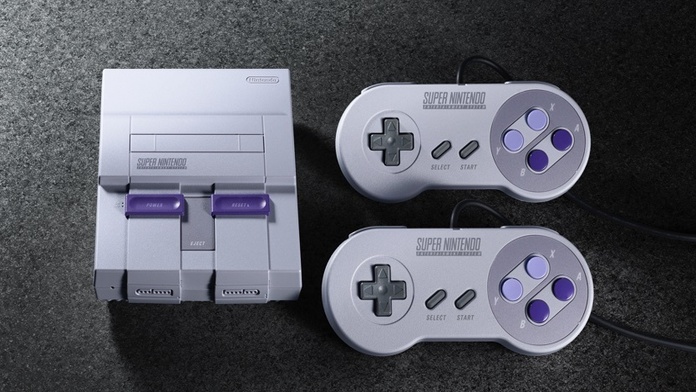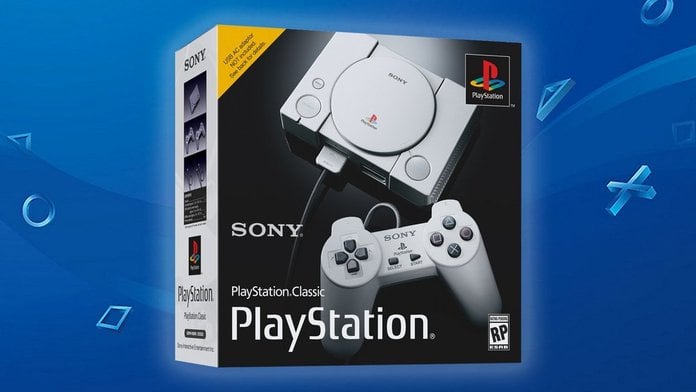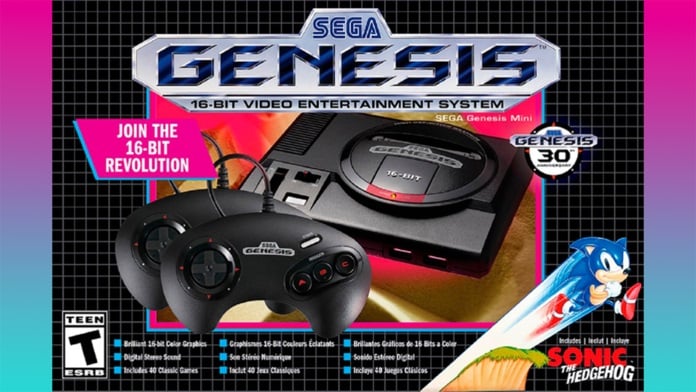The majority of the gaming public is mostly comprised of season veterans, who have been playing since the birth of the first consoles. Ask anybody older than thirty, and they will tell you that some of their most precious memories came from the SNES and NES. There has also been a renewed interest from younger players to revisit these classic titles, to relive the old experience. That does beg the question, though, do we need more retro console classics?
The Up Side
The 2000s introduced us to emulators and ROMs. Players both young and old got the opportunity to pick up their favorite retro titles that were obsolete. This is itself enough of a reason why developers and companies started re-releasing their old consoles. It was beneficial for both companies and players. The titans of the industry would cash in on the nostalgia, while the younger audience would relive the pastiche of the old.
SNES Classic and the newly released Sega Genesis Mini Classic proved that there is still a crowd willing to revitalize retro games for future generations. All would have access to the hits of the 90s that kickstarted their favorite franchises. Not only that but with the current rise of technology, new players have an even better experience than those who bought the original system. Smoother controls, widescreen options, and better graphics, all playable at 1080p.
The best thing about the classic editions is their mobility. All consoles come with preloaded games, and in a much smaller package than the original. Most companies also made sure to put in as many beloved titles as they could, both for casual players, as well as hardcore completionists. On top of that, most of these consoles are easily hackable, so if you have time and patience you can add more games to the existing library.
The Down Side
One of the biggest downsides to this approach is corporate selfishness. Greed was never a stranger in the industry, and that goes the same for retro games. Nostalgia may inspire people to revisit the past, but also misuse it for its desire. Thus, cashing in on a product that is half-baked may work for the big companies, but not for the players. If they want to give the audience a piece of the past, it better fully deliver on that promise.
The best example of this would be the infamous PlayStation Classic. Releasing at the price of €99, upon release, fans were disappointed with what they got. Only 20 games, no DualShock controller, poor choice in video game titles, low fps, and no widescreen option. The fans cried out, but Sony didn’t fix the issues to this day. Thank god the Playstation Classic was the only bad re-release of the bunch, but it does pose an interesting question. What if future classic editions tend to do the same?
On the other hand, players soon realized that most of these products are just reskins of already existing emulators. In that case, many often download all the needed components and tweak them rather than buying the console. As a response, companies start shutting down ROM sites to force their product on the buyers. On top of that, the classic mini consols release with only 20-30 games and only the most popular ones. It is then that sites like Emuparadise close down along with their ROMs gallery, essentially killing any chance of playing other smaller titles.
The Classic Editions We Want
After all that said, some mini versions are welcome and resonate well with gamers. Among the most popular demands at the moment are the Nintendo 64 Mini and the Sega Dreamcast Mini. The Nintendo 64 could add fan-favorite Super Mario 64 and The Legend of Zelda Ocarina of Time. The Sega Dreamcast could give us the beloved Crazy Taxy, Skies of Arkadia, and a certain blue hedgehog. On top of that, many have expressed a desire to replay old Gameboy titles, so a re-release of the beloved handheld system wouldn’t be such a bad idea either.
Final Words
After all that said, there is potential in the business for these classic mini editions. However, there is also a big potential for screwing up and we can end up with another Soulja Boy bootleg. Anybody remember that? All we are saying is that the companies should listen to the demands of the buyers, and in the end, both sides would be satisfied. So yes, we do need and want more of this nostalgia pie, but only if it’s properly made and well cooked.
- The Importance of Clara Zetkin for International Women’s Day - March 8, 2020
- Tatsuro Yamashita aka The King of City Pop - March 1, 2020
- Samurai Jack: Battle Through Time Announced for 2020 - February 25, 2020




